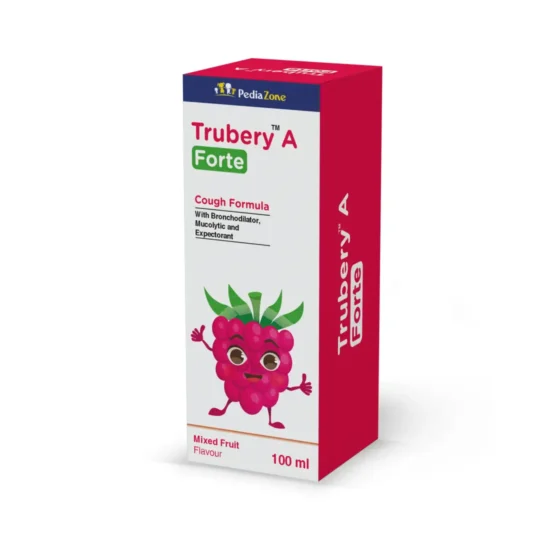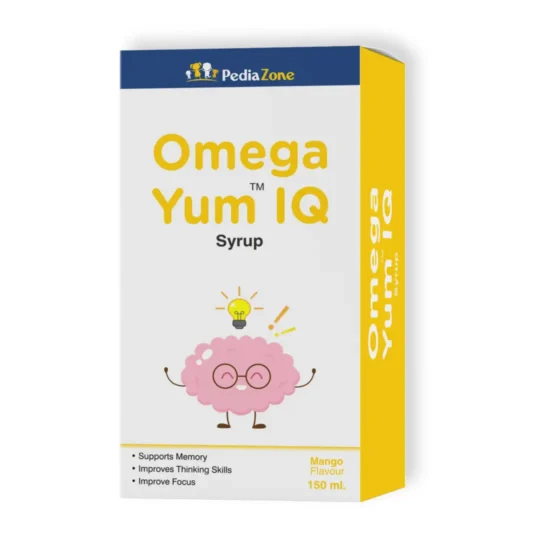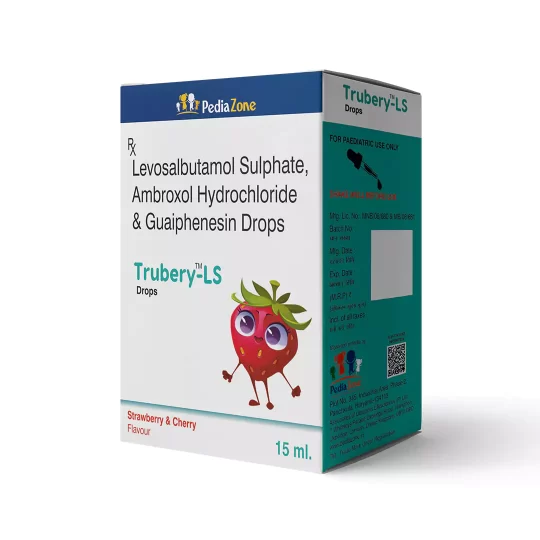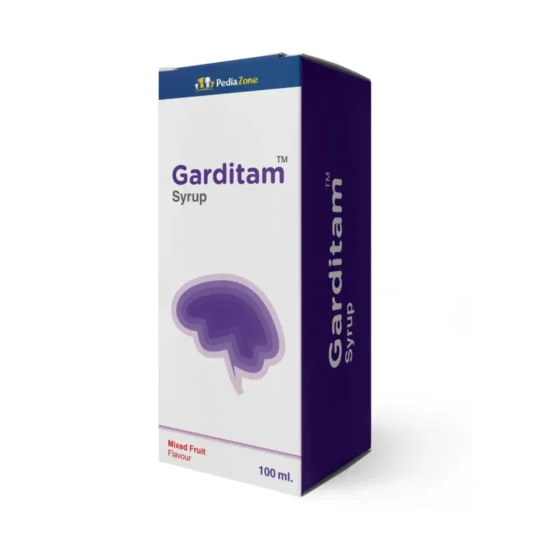Therapy:
Ofloxacin: Anti-Bacterial,
Metronidazole: Anti-Protozoal / Anti-Microbial,
Simethicone: Anti-flatulent
Class:
Ofloxacin: Fluoroquinolone Antibiotics,
Metronidazole: Nitroimidazole,
Simethicone: Mixture of Dimethicone & Silicon Dioxide
Spectrum of Coverage:
Ofloxacin
Aerobic Gram-positive microorganisms
- Staphylococcus aureus (methicillin-susceptible strains)
- Streptococcus pneumoniae (penicillin-susceptible strains)
- Streptococcus pyogene
Aerobic Gram-negative microorganisms
- Citrobacter (diversus) koseri
- Enterobacter aerogenes
- Escherichia coli
- Haemophilus influenzae
- Klebsiella pneumoniae
- Neisseria gonorrhoeae
- Proteus mirabilis
- Pseudomonas aeruginosa
Gram-positive anaerobes
- Clostridium species
- Eubacterium species
- Peptococcus species
- Peptostreptococcus species
Gram-negative anaerobes
- Bacteroides fragilis group (B. fragilis, B. distasonis, B. ovatus, B. thetaiotaomicron, B.vulgatus)
- Fusobacterium species
Protozoal parasites
- Entamoeba histolytica
- Trichomonas vaginalis
Mechanism of Action:
Ofloxacin: Bactericidal at concentrations equal to or slightly greater than inhibitory concentrations. It inhibits bacterial topoisomerase IV & DNA gyrase (both of which are type II topoisomerases), enzymes required for DNA replication, transcription, repair, and recombination.
Metronidazole: It occurs through a four-step process. Step one is the entry into the organism by diffusion across the cell membranes of anaerobic and aerobic pathogens. However, antimicrobial effects are limited to anaerobes. Step two involves reductive activation by intracellular transport proteins by altering the chemical structure of pyruvate-ferredoxin oxido-reductase. The reduction of metronidazole creates a concentration gradient in the cell that drives uptake of more drugs and promotes free radical formation that is cytotoxic. Step three, interactions with intracellular targets, is achieved by cytotoxic particles interacting with host cell DNA resulting in DNA strand breakage and fatal destabilization of the DNA helix. Step four is the breakdown of cytotoxic products
Simethicone: It acts by decreasing the surface tension of gas bubbles in the GI tract. This action results in coalescence and dispersion of the gas bubbles allowing their removal from the GI tract as flatulence or belching. Simethicone causes the gas bubbles to accumulate and therefore pass more easily either through the upper GI or lower GI opening.
Indications:
- Diarrhoea
- Amoebic Dysentery
- Mixed Intra-Abdominal Infections
Dosage & Administration:
Moderate Infections: OFLOPEDIA MS 5ml BID or TID for 3 to 5 Days
Severe Infections: OFLOPEDIA MS FORTE 5ml BID for 3 to 5 Days
HOW SUPPLIED:
OFLOPEDIA MS is available as Suspension in pack of 60ml.
OFLOPEDIA MS FORTE is available as Suspension in pack of 60ml.
References:
- F1000Research 2018, 7(F1000 Faculty Rev):193 Last updated: 15 FEB 2018
- Clin Microbiol Rev. 2007 Oct;20(4):593-621.
- 2018 Jun;23(3):e12481.






